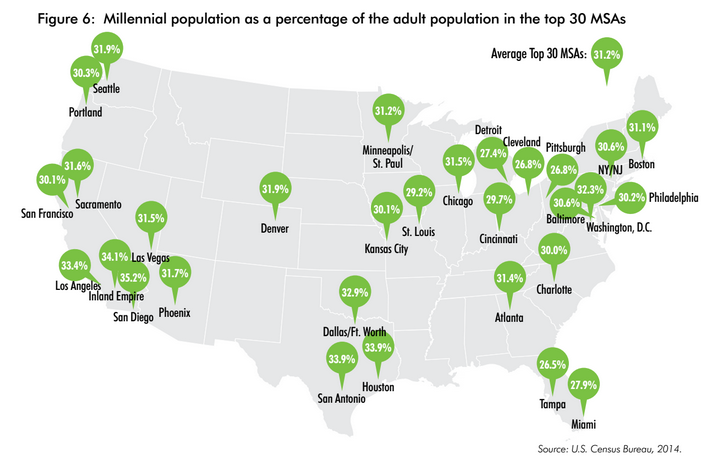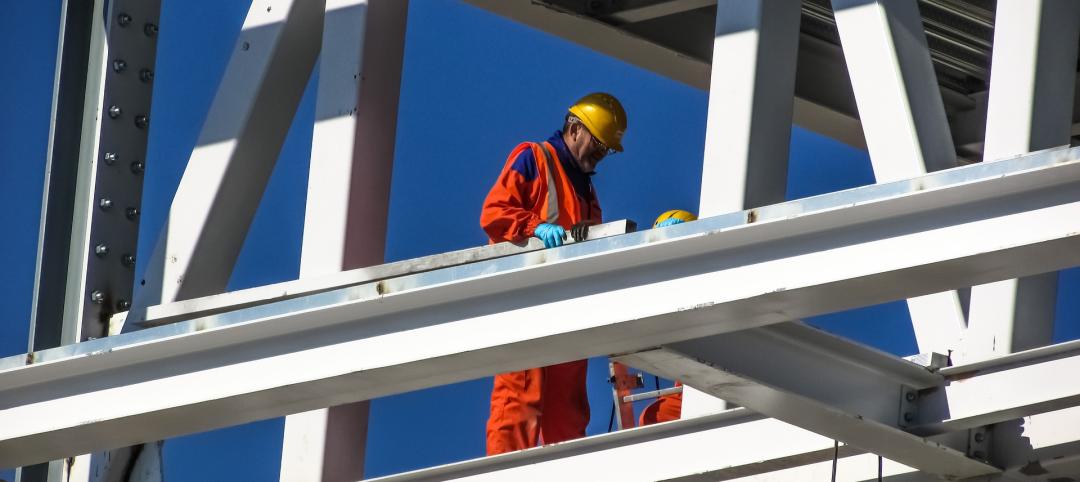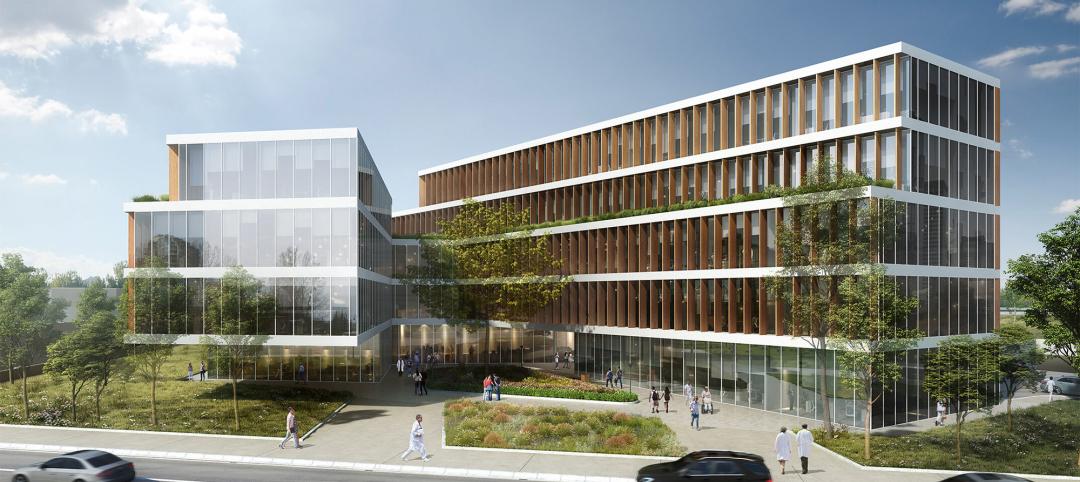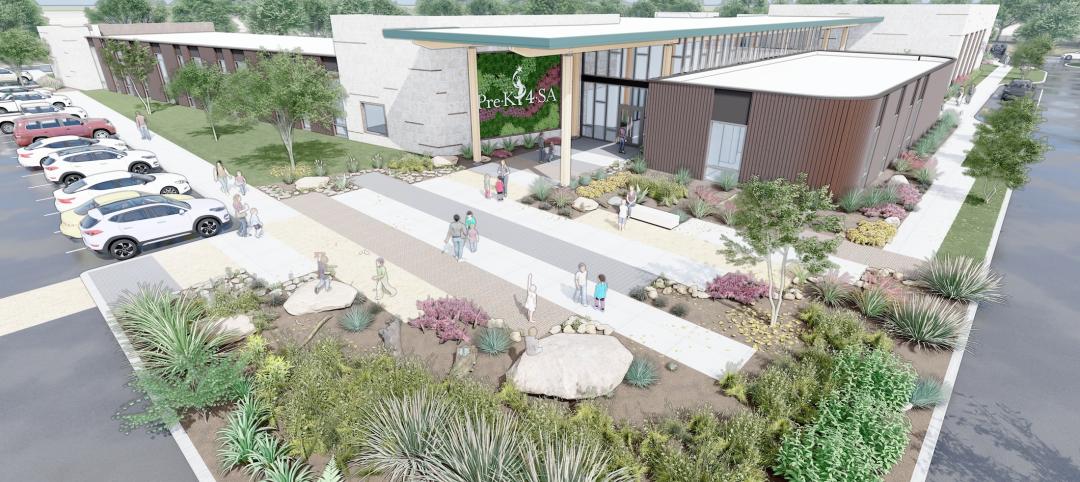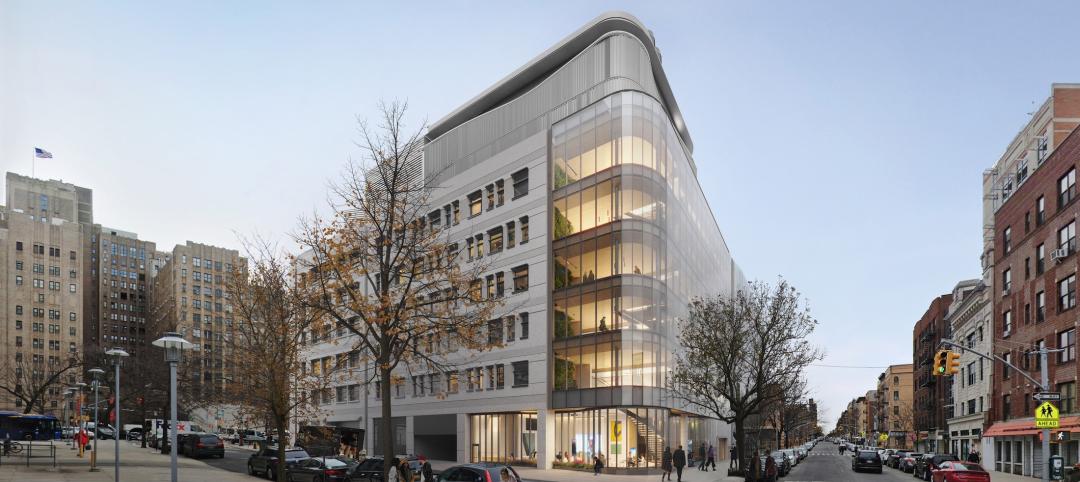Much has been written and talked about how Millennials are a different breed than either Gen Xers or Baby Boomers when it comes to their work habits and preferences. And many companies are probably wondering about how radically they might need to transform their workspaces to attract and keep Millennials who are projected to account for 45% of America’s adult population in 2025, up from 24% today.
But businesses shouldn’t panic about the prospects of having to design offices to accommodate several generations within their workforces. It turns out that there may actually be little difference among young and older employees in terms of how they work and what they place value on in office settings.
A recent survey of 5,500 U.S.-based professionals from a wide range of industries, conducted by CBRE and gleaned from 250 questions, found that a company’s culture is likely to be a “better predictor” of how workers spend their time at the workplace, as opposed to generational differences. CBRE illustrates that point with changes it has initiated at many of its 33 office sites.
Contrary to common perceptions of Millennial workers as socially minded technocrats with disdain for organizational hierarchies and protocols, the survey found that “Millennials are not shunning collaboration. Rather, they are reacting to environments that, by and large, give them limited space to collaborate and socialize, but practically no spaces (or conditions) in which they can focus.” The survey went on to state that Millennials, more than any other generation, enjoy working in all types of workspaces “and have a strong desire for flexibility and choice in the workplace.”
That doesn’t mean Millennials’ workplace mentality is in lockstep with older colleagues. For example, 31% of the Millennials surveyed place value on workplaces that promote socializing, versus 17% of Gen Xers who expressed that preference, and 10% of Baby Boomers. More Millennials than the other cohorts also place value on having office spaces for learning and training. And, surprisingly, more than half of Millennials—54%—prefer office environments with more formal meetings, compared to 34% of Gen Xers and 27% of Baby Boomers.

More Millennials than the other cohorts place value on having office spaces for learning and training. And, surprisingly, more than half of Millennials—54%—prefer office environments with more formal meetings, compared to 34% of Gen Xers and 27% of Baby Boomers.
“This illustrates the desire to have increased visibility into the organizational decision-making, and a more established and integrated seat at the table,” the survey conjectured.
(Equally surprising was the finding that 48% of baby boomers prefer offices where they can connect with colleagues and customers via Social Media, versus 39% of Gen Xers and 30% of Millennials.)
The “bottom line,” said the survey, is that businesses shouldn’t necessarily design their workplaces around Millennials alone. “Design a well-balanced office that can accommodate all generations of workers—one that provides a healthy mixture of independent focus workspaces, areas that provide greater collaboration opportunities (virtual and face-to-fact) and an environmental that promotes employee socialization.”
A focus on employees’ wellness
CBRE is also putting its money where its mouth is. Its Workplace Strategy Group is rolling out a program called Workplace360, which the Group’s senior managing director Lenny Beaudoin says is “reinventing the office.”
CBRE launched this initiative after it polled its employees and found that, on average, they spent 49% of their time in the office (compared to the national average of 58% for all workers), and 31% collaborating (compared to the national average of 51%). “We found there was a high demand for collaboration and the need for services from the office. Our [office] model didn’t fit this,” says Beaudoin.
So as its office leases expire and it moves into new spaces, CRBE is designing offices to be open and collaborative, with an emphasis on what Beaudoin calls “activity-based working” that’s supported by a network of flexible spaces. CBRE has executed Workplace360 in 22 offices, and will convert the remaining offices to this program as their leases roll up over the next three to four years.
CRBE is also partnering with New York-based Delos Living, which has created a wellness certification that focuses on improving occupant health. CBRE’s office in Los Angeles is its first to meet the criteria for that certification, which encompasses interior air quality, lighting, office hygiene, nutrition, fitness, and even employees’ motion.
Workplace360 and Delos’ wellness certification “are now our global template” for future office design, says Beaudoin.
Related Stories
Codes and Standards | Apr 12, 2024
ICC eliminates building electrification provisions from 2024 update
The International Code Council stripped out provisions from the 2024 update to the International Energy Conservation Code (IECC) that would have included beefed up circuitry for hooking up electric appliances and car chargers.
Urban Planning | Apr 12, 2024
Popular Denver e-bike voucher program aids carbon reduction goals
Denver’s e-bike voucher program that helps citizens pay for e-bikes, a component of the city’s carbon reduction plan, has proven extremely popular with residents. Earlier this year, Denver’s effort to get residents to swap some motor vehicle trips for bike trips ran out of vouchers in less than 10 minutes after the program opened to online applications.
Laboratories | Apr 12, 2024
Life science construction completions will peak this year, then drop off substantially
There will be a record amount of construction completions in the U.S. life science market in 2024, followed by a dramatic drop in 2025, according to CBRE. In 2024, 21.3 million sf of life science space will be completed in the 13 largest U.S. markets. That’s up from 13.9 million sf last year and 5.6 million sf in 2022.
Multifamily Housing | Apr 12, 2024
Habitat starts leasing Cassidy on Canal, a new luxury rental high-rise in Chicago
New 33-story Class A rental tower, designed by SCB, will offer 343 rental units.
Student Housing | Apr 12, 2024
Construction begins on Auburn University’s new first-year residence hall
The new first-year residence hall along Auburn University's Haley Concourse.
K-12 Schools | Apr 11, 2024
Eric Dinges named CEO of PBK
Eric Dinges named CEO of PBK Architects, Houston.
Construction Costs | Apr 11, 2024
Construction materials prices increase 0.4% in March 2024
Construction input prices increased 0.4% in March compared to the previous month, according to an Associated Builders and Contractors analysis of the U.S. Bureau of Labor Statistics’ Producer Price Index data released today. Nonresidential construction input prices also increased 0.4% for the month.
Healthcare Facilities | Apr 11, 2024
The just cause in behavioral health design: Make it right
NAC Architecture shares strategies for approaching behavioral health design collaboratively and thoughtfully, rather than simply applying a set of blanket rules.
K-12 Schools | Apr 10, 2024
A San Antonio school will provide early childhood education to a traditionally under-resourced region
In San Antonio, Pre-K 4 SA, which provides preschool for 3- and 4-year-olds, and HOLT Group, which owns industrial and other companies, recently broke ground on an early childhood education: the South Education Center.
University Buildings | Apr 10, 2024
Columbia University to begin construction on New York City’s first all-electric academic research building
Columbia University will soon begin construction on New York City’s first all-electric academic research building. Designed by Kohn Pedersen Fox (KPF), the 80,700-sf building for the university’s Vagelos College of Physicians and Surgeons will provide eight floors of biomedical research and lab facilities as well as symposium and community engagement spaces.


